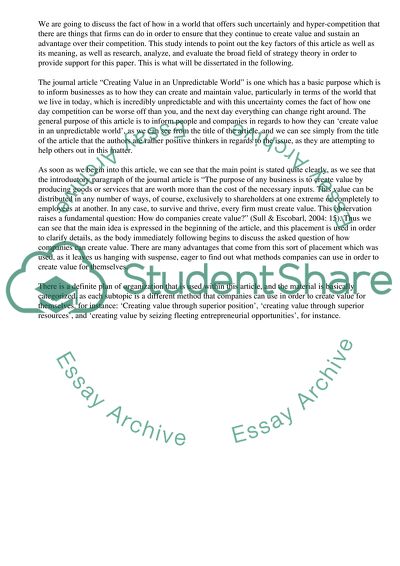Cite this document
(“Creating Value in an Unpredictable World Book Report/Review”, n.d.)
Creating Value in an Unpredictable World Book Report/Review. Retrieved from https://studentshare.org/business/1513232-creating-value-in-an-unpredictable-world
Creating Value in an Unpredictable World Book Report/Review. Retrieved from https://studentshare.org/business/1513232-creating-value-in-an-unpredictable-world
(Creating Value in an Unpredictable World Book Report/Review)
Creating Value in an Unpredictable World Book Report/Review. https://studentshare.org/business/1513232-creating-value-in-an-unpredictable-world.
Creating Value in an Unpredictable World Book Report/Review. https://studentshare.org/business/1513232-creating-value-in-an-unpredictable-world.
“Creating Value in an Unpredictable World Book Report/Review”, n.d. https://studentshare.org/business/1513232-creating-value-in-an-unpredictable-world.


